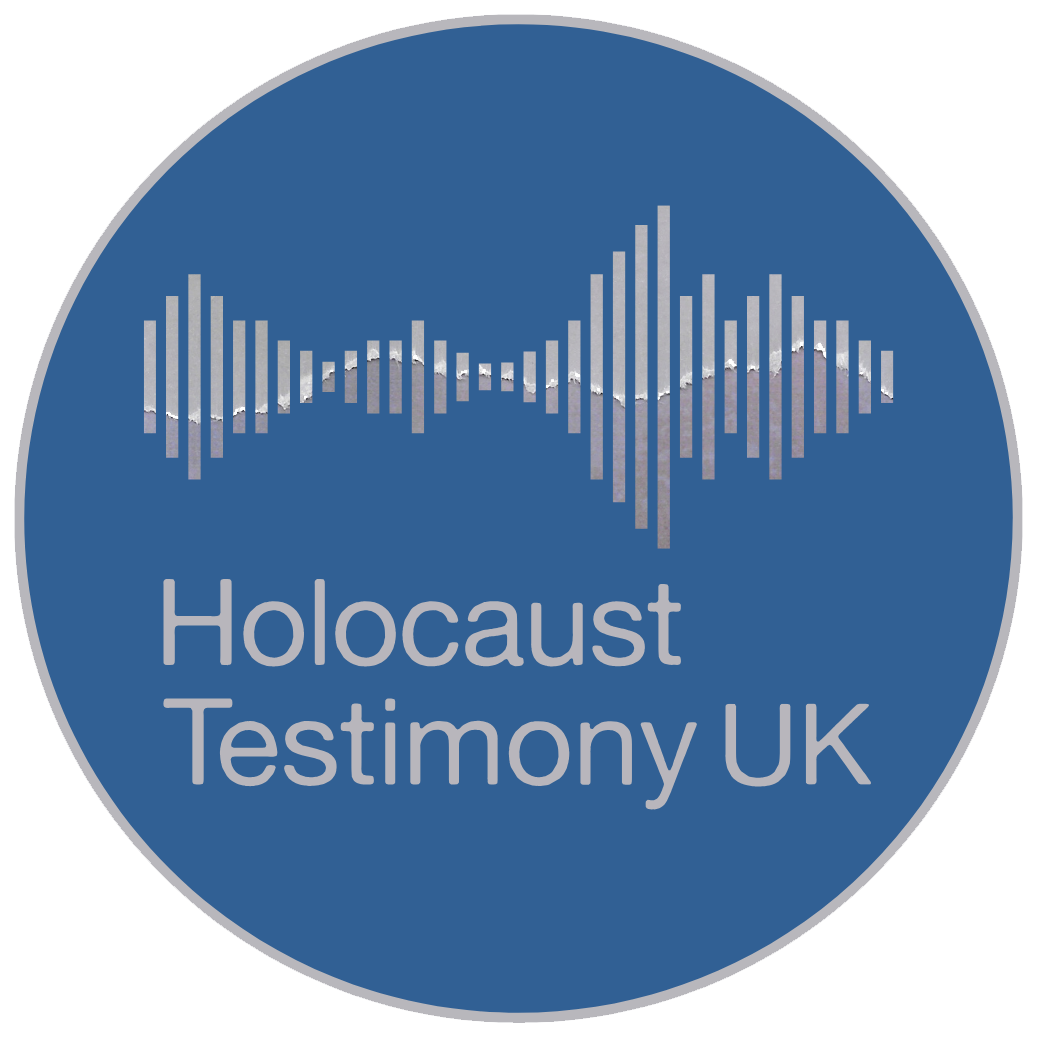top of page
<message>

Name
Born:
N/A
Place of Birth:
N/A
Date of Interview:
23/03/88
Place of Interview:
Interviewed by:
Name (Clickable)


It looks like this interview is hosted by one of our partners
Please click the link below to be redirected...
Visit Partner Website



INTERVIEW:
<name>
Born:
00/00/0000
Place of Birth:
Berlin
<name>
Born:
00/00/0000
Place of Birth:
Institution:
<partnerName>
Collection:
Jewish Museum London oral history collection
Date of Interview:
23/03/88
Interviewed By:

Interview Summary
Interview with Hilda Schindler who was born in 1920 in Berlin and emigrated to the UK on 21 July 1939 as a refugee from Nazism in the late 1930s. She describes growing up in Germany; her parent's background, marriage and working lives; her childhood including school and family life; the rise of Hitler and antisemitism and increased legilsation against the Jewish population; her memories of the burning of the Reichstag in 1933 and her experience of Kristallnacht; her realisation following Kristallnacht of the need to emigrate; her preparation for emigration including sorting out the necessary papers and packing her belongings; the journey from Zoo station in Berlin to Liverpool Street station in London (via boat from Flushing, Netherlands to Harwich); her first impressions of England; her position as a domestic servant in a house in Muswell Hill; her experience of attending an aliens tribunal; her Red Cross correspondence with her parents and what happened to them after she left Germany, including their deportation to Theresienstadt in 1942 and her discovery after the war of their eventual fate; her experience of living in London during World War II and the Blitz; her life after the war including her involvement with Southgate Progressive Synagogue, her career as a teacher, her feelings about her German background and identity, and her inability to come to terms with what happened to her parents.

bottom of page

